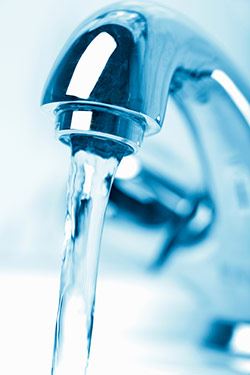 When temperatures fall below the freezing level, the risk of pipes bursting increases. If you are a homeowner, there are a few steps you can take to avoid this type of plumbing situation. Here is some information about how to keep your pipes from bursting during cooler temperatures, what to do if the water inside of a pipe is already frozen, and how to handle a burst.
When temperatures fall below the freezing level, the risk of pipes bursting increases. If you are a homeowner, there are a few steps you can take to avoid this type of plumbing situation. Here is some information about how to keep your pipes from bursting during cooler temperatures, what to do if the water inside of a pipe is already frozen, and how to handle a burst.
Keeping Your Pipes From Freezing
There are a few precautions that aid in keeping water inside of pipes from freezing when the temperature gets extremely cold. Consider adding a heating source near pipes that are prone to freeze-ups. This includes pipes in the lowest level of your home, those close to the perimeter of your house, and those that are in exposed areas, such as under a sink. Insulation in a wrap or sleeve form can be added to pipes in these areas as well. It is best to turn off the water supply to pipes that lead to spigots on the exterior of the home.
What To Do If Water Is Frozen In A Pipe
If water does freeze inside of a pipe, it is a good idea to turn on a faucet leading to this particular pipe slightly. If some of the water inside of the pipe is not totally solidified, running water can help to break up existing ice so water can flow as needed. If water does not drop from the faucet after a few minutes, it is best to turn off the water supply so a burst does not occur. Turn the water back on after the temperature rises. Additionally, adding insulation to a frozen pipe can be beneficial in warming the contents.
How To Handle A Burst Pipe
If a pipe bursts, immediately turn off the water supply so additional moisture does not cause damage to your home. Contact an emergency service like Beck Cohen in Charlottesville, VA if you live in town or the surrounding area to make a pipe repair. Contact us today to have a technician dispatched for repair work. We are available to handle all your plumbing, heating, and air conditioning needs.
The post What To Do When My Pipes Freeze appeared first on Beck Cohen.

